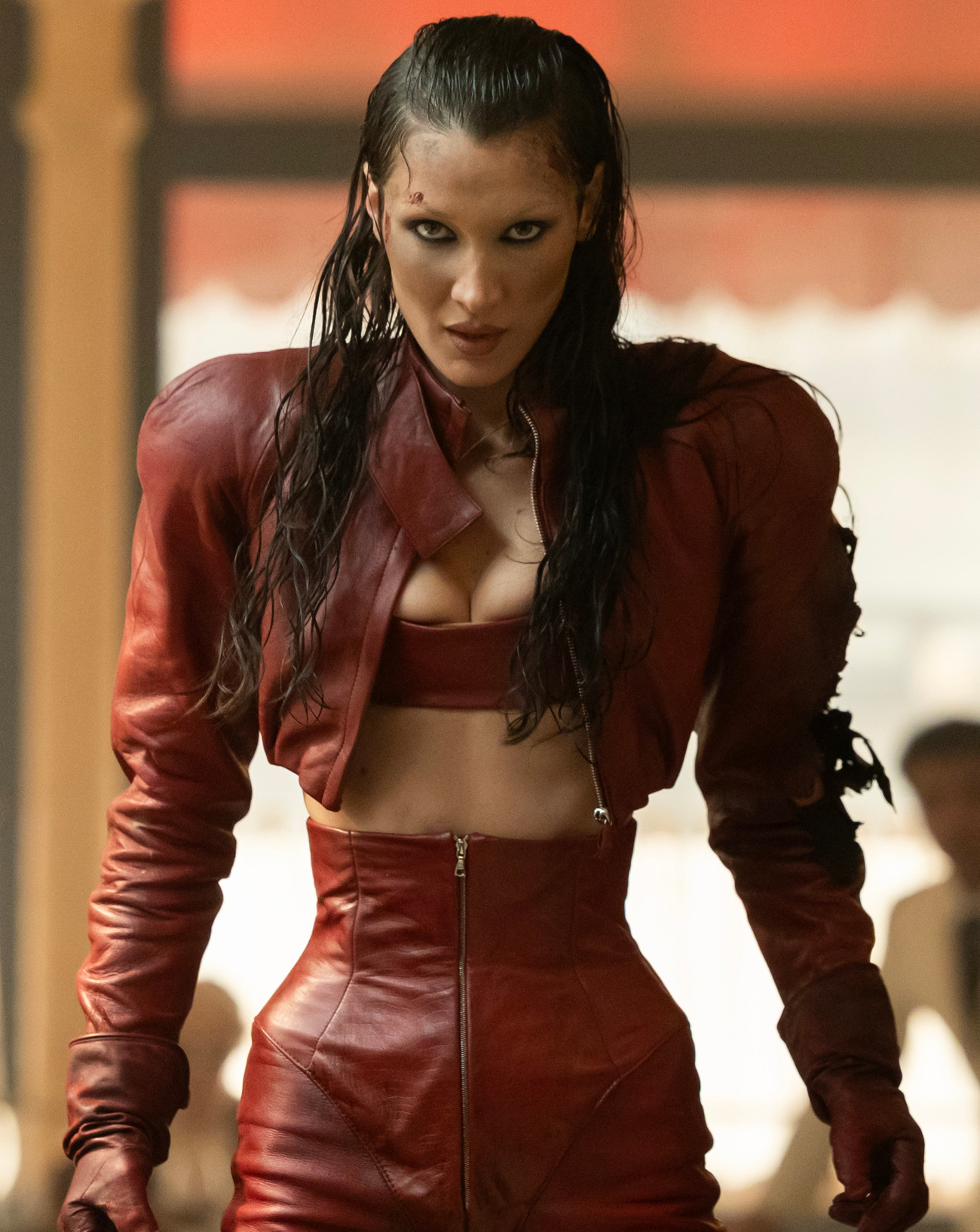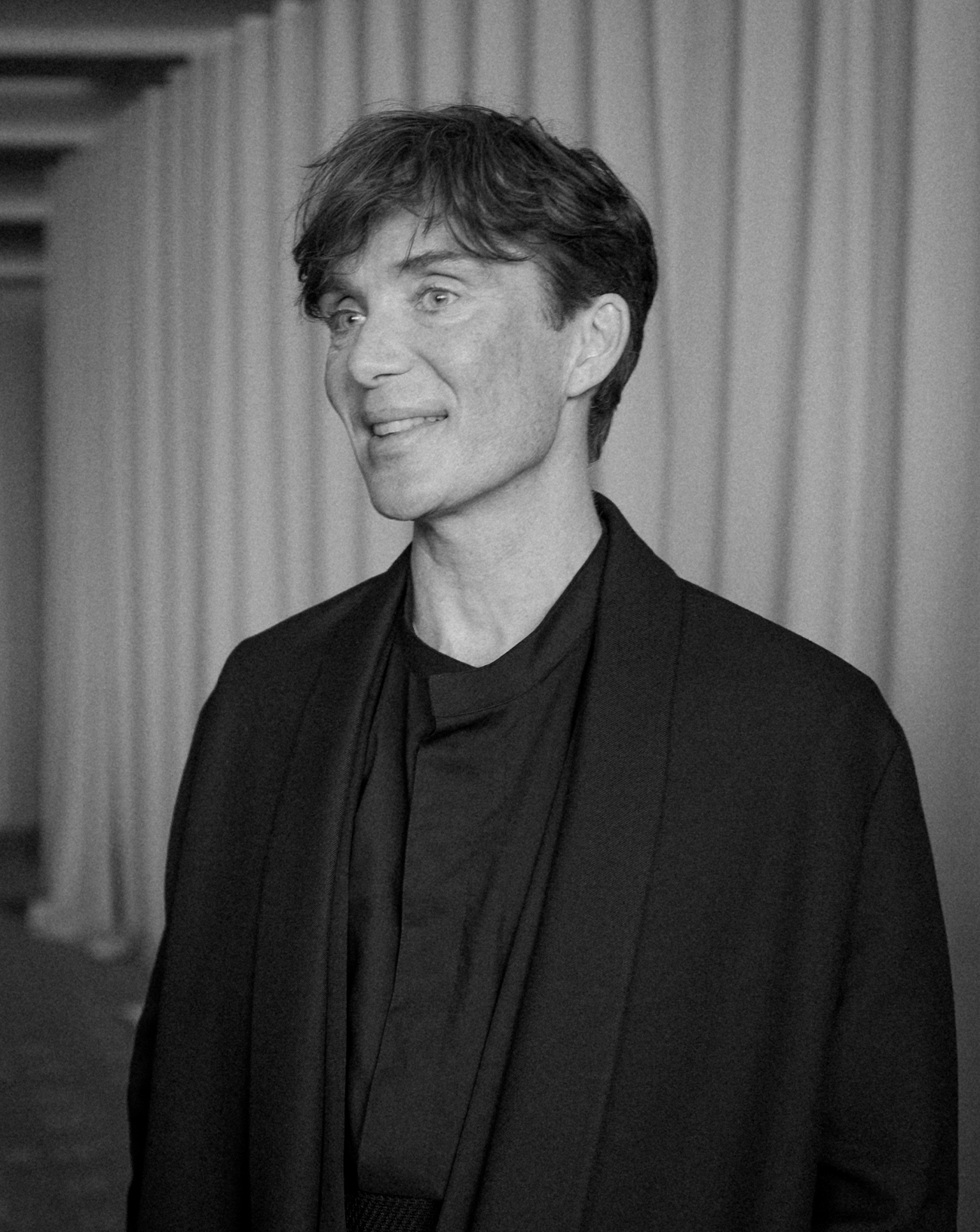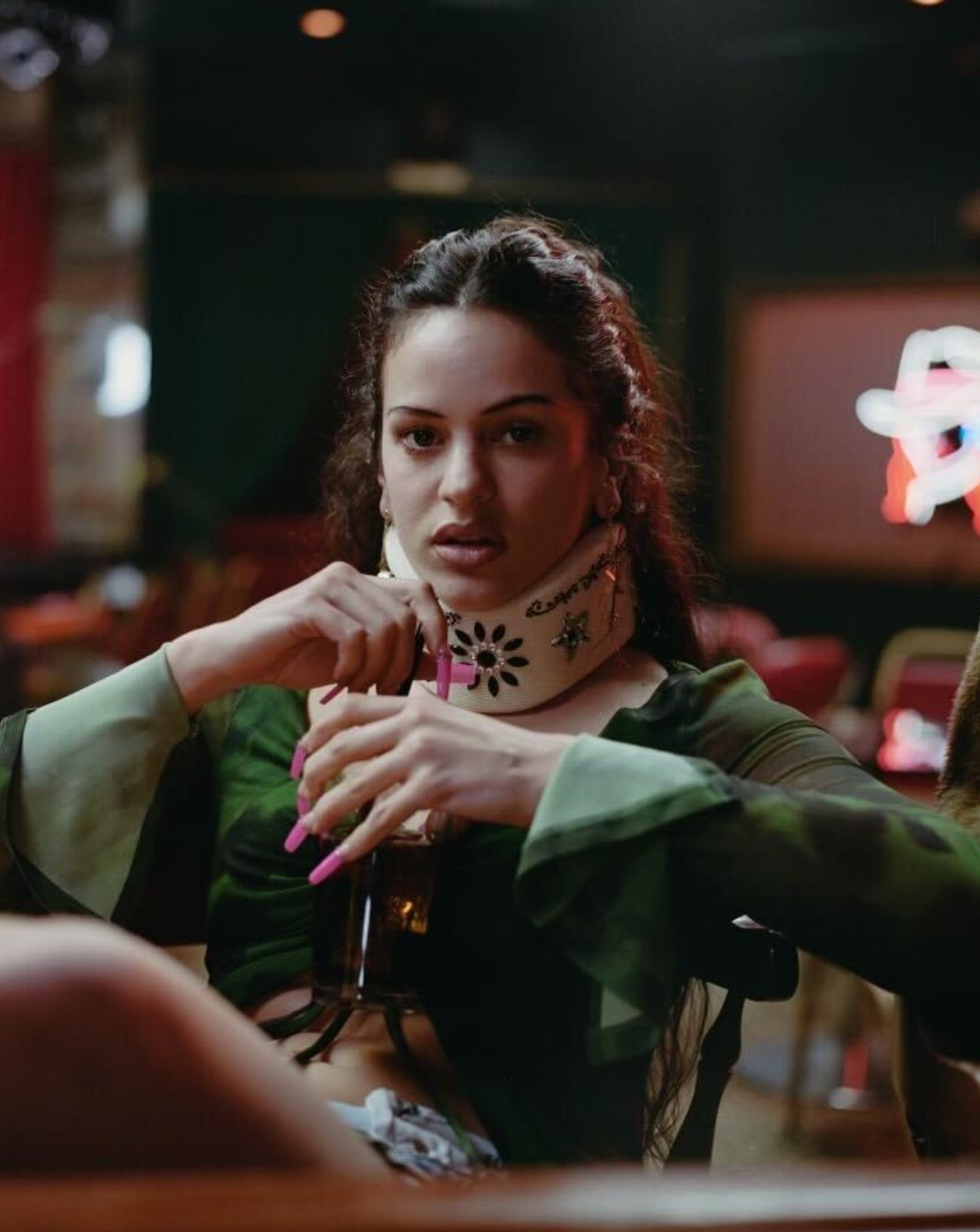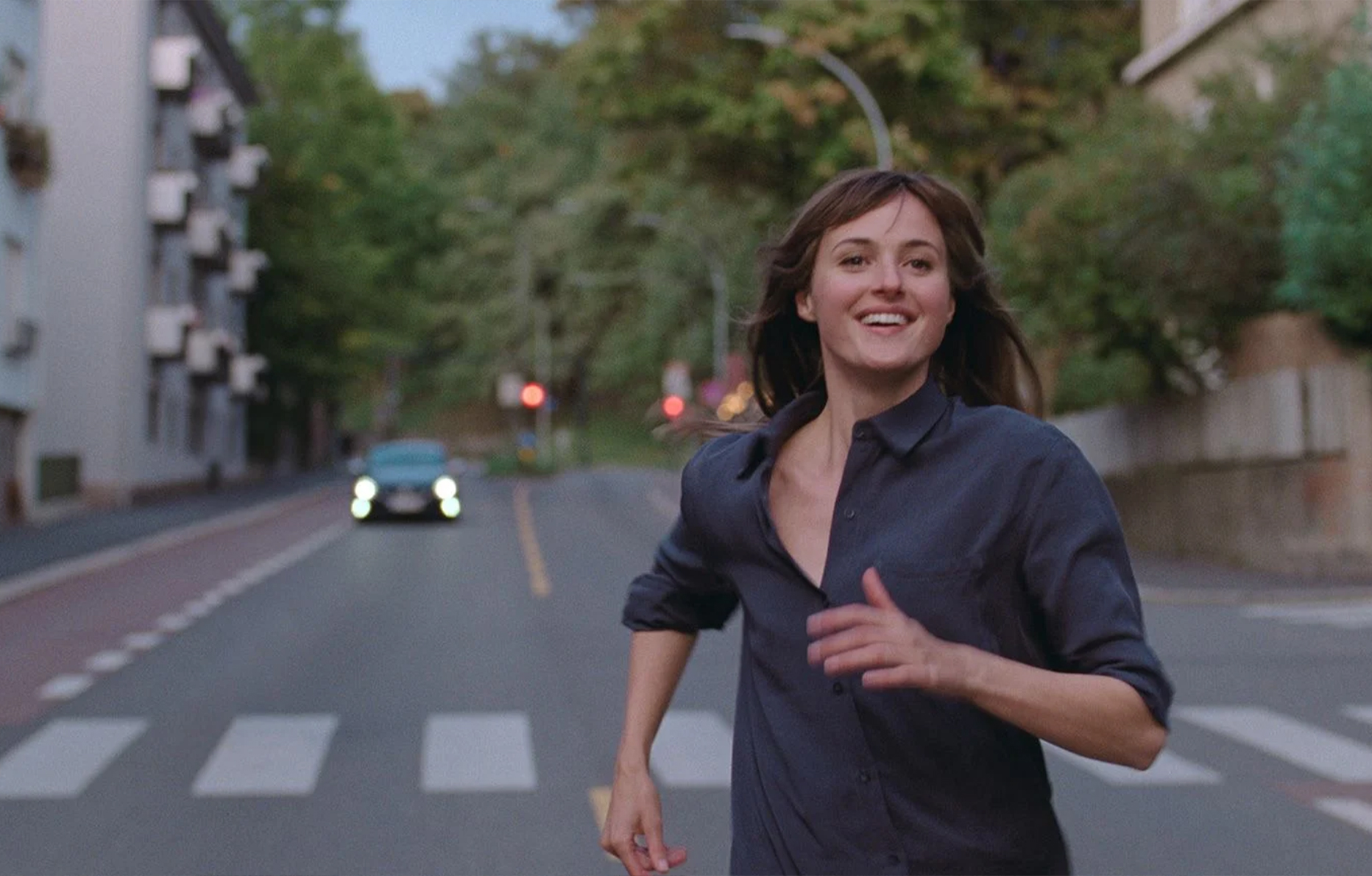
20
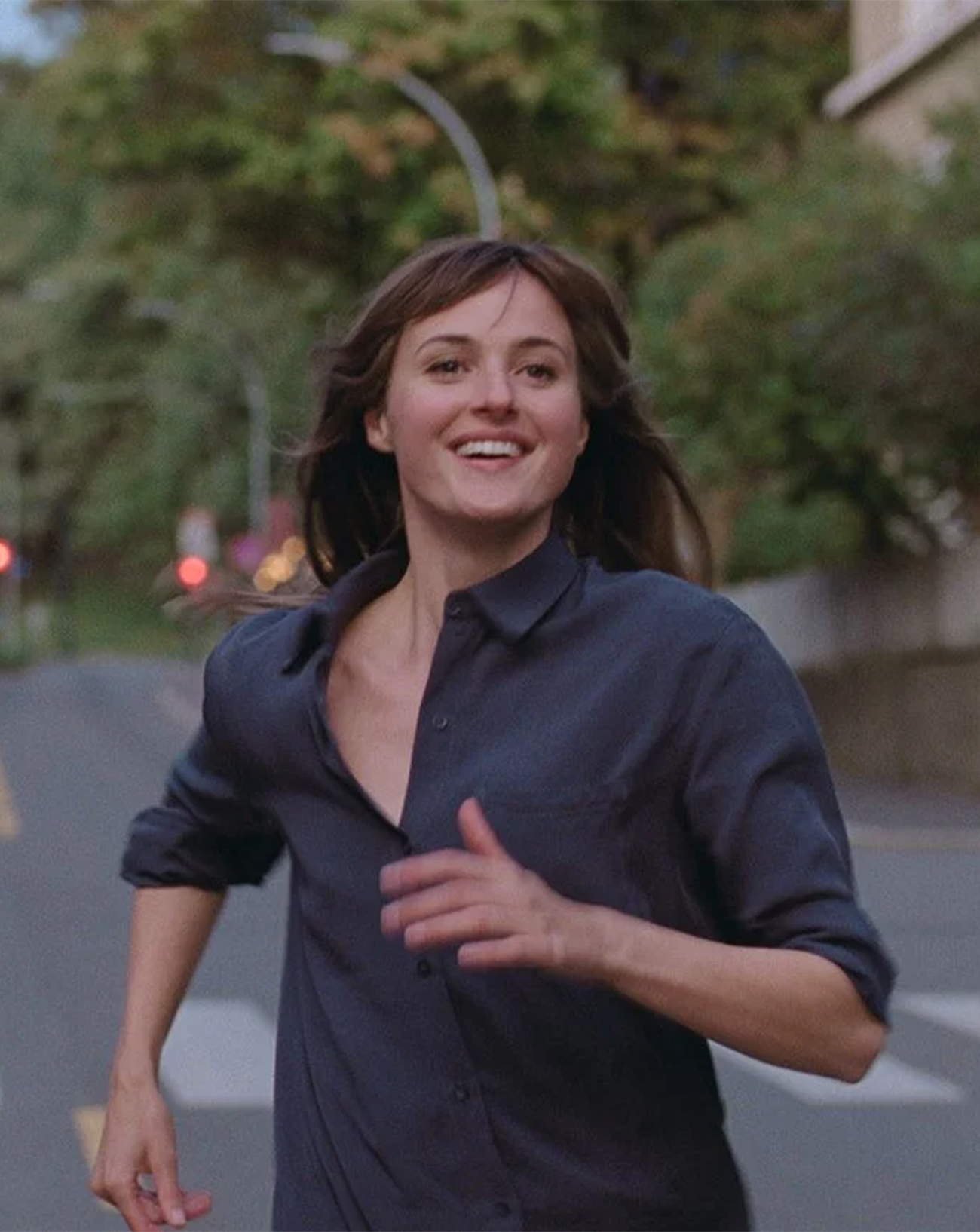
20
Why you must rewatch The Worst Person in the World by Joachim Trier
In 2021, Joachim Trier presented the film The Worst Person in the World at the Cannes Film Festival. A feature about love, betrayal, breakups, existential questions, drunken escapades and illness… And it earned actress Renate Reinsve the award for Best Actress. As the filmmaker is back in theatres with his latest project Sentimental Value, Numéro looks back at the reasons to (re)discover this moving film.
By Chloé Sarraméa.
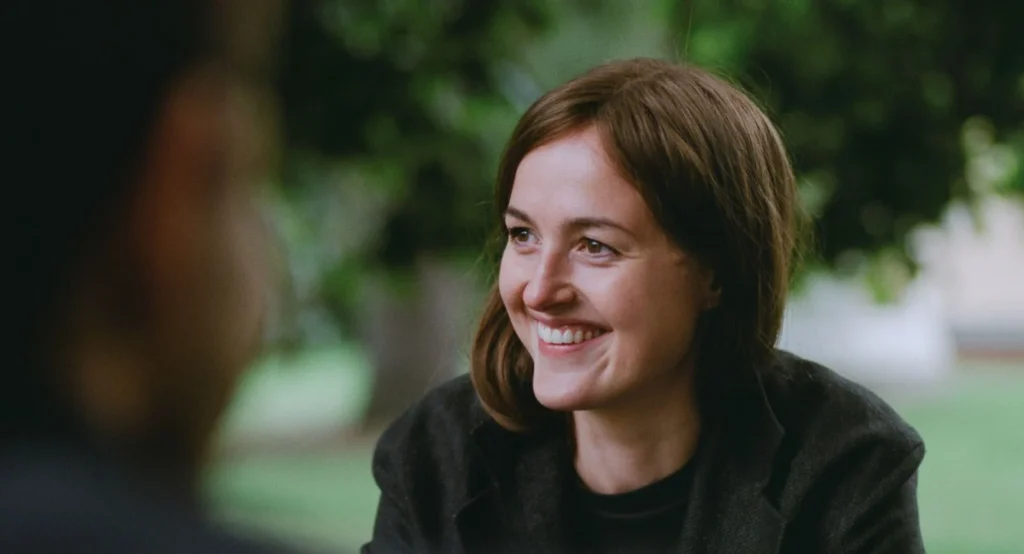
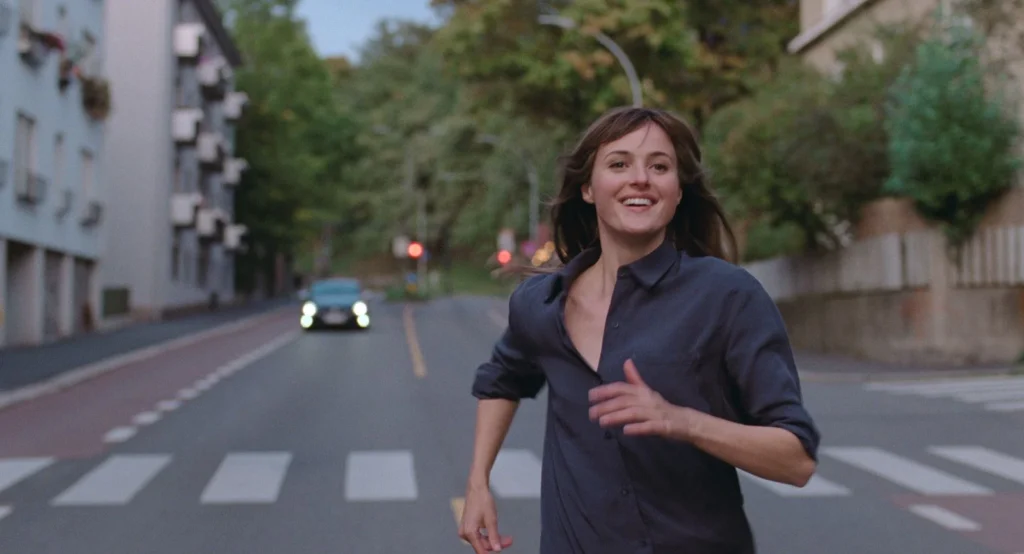
The Worst Person in the World by Joaquim Trier, starring Renate Reinsve
When taking a look at Joachim Trier’s cinema, we already knew his ability to move audiences (sometimes excessively) and either plunge viewers into a gentle lethargy or mire them in a sublime landscape of suffering. And, as a result, leaving them stunned, frightened, thrilled and even completely transformed. In any case, his work centred on melancholy and grief (Back Home), the nightmare of addiction (Oslo, August 31st), and the disintegration of friendships (Reprise), built a transcendent, yet depressing fantasy world, where male characters seemed ready to throw themselves out of the window in nearly every scene.
In the eyes of the world, he brought to light an ultra-realist, stripped-down, Norwegian auteur cinema. Audiences are mesmerised by both its fury and simplicity. He also revealed himself as a filmmaker who is clearly heavy-hearted. Since his first selection at Cannes with his adaptation of The Fire Within (Oslo, August 31st), we hardly expected Joachim Trier to deliver a film about love, betrayal, breakups, existential questions, drunken escapades and illness… In short, about life.
A powerful reflection on love and betrayal
The Worst Person in the World stands at the crossroads of two worlds. On one side, the Oslo wanderings and long introspections typical of the filmmaker. On the other, the lightness of existence, flirts and the embodiment of a feeling that perhaps only belongs to the youth. Tomorrow, life can turn upside down, but for the better. For the very first time, the film features a female character who, unlike her male counterparts always mired in their torments, is free, carefree and emancipated. She embraces contemporary questions. And like millions of hyper-connected thirtysomethings, she wonders whether she should chose the right career, bring a child into a society on the brink of collapse, or leave the person she thought was the love of her life.
Renate Reinsve, who won the award for Best Actress at the 2021 Cannes Film Festival, plays Julie, a young woman whose life unfolds over the twelve chapters of the film. She appears to be stuck in Oslo within the theatre of her own existence. In a relationship with Aksel (Anders Danielsen Lie), a controversial comic-book author, she forces herself not to think about the man she has just met at a party… Until, in a liberating scene where time and people freeze completely, she runs to find him and hold him in her arms. At last, she realises that we are here on Earth for that exact reason – to experience that big bang which annihilates everything around us and propels us light years away from it. A feeling we call love. But Julie, in her rush to experiment, soon discovers that love is like the desire one has at twenty to pursue this or that career… It can change. And so does Joachim Trier’s cinema.
The Worst Person in the World (2021) by Joaquim Trier, starring Renate Reinsve and Anders Danielsen Lie, currently in theatres.







